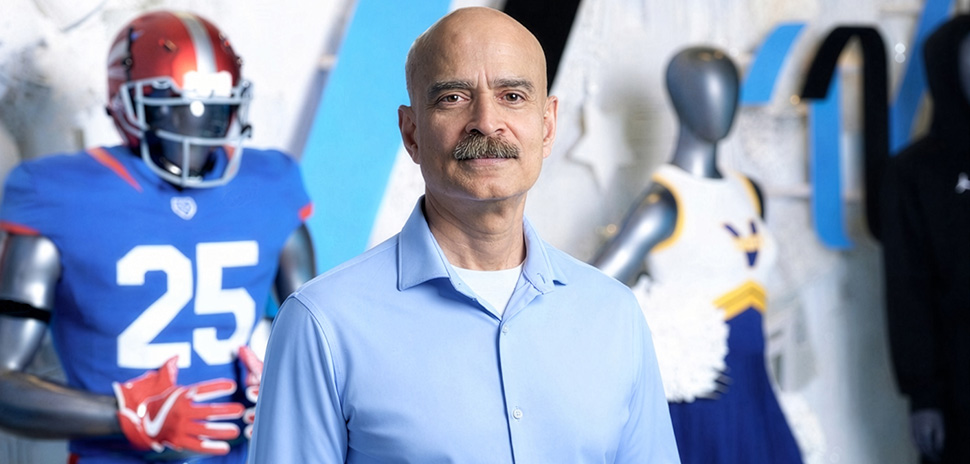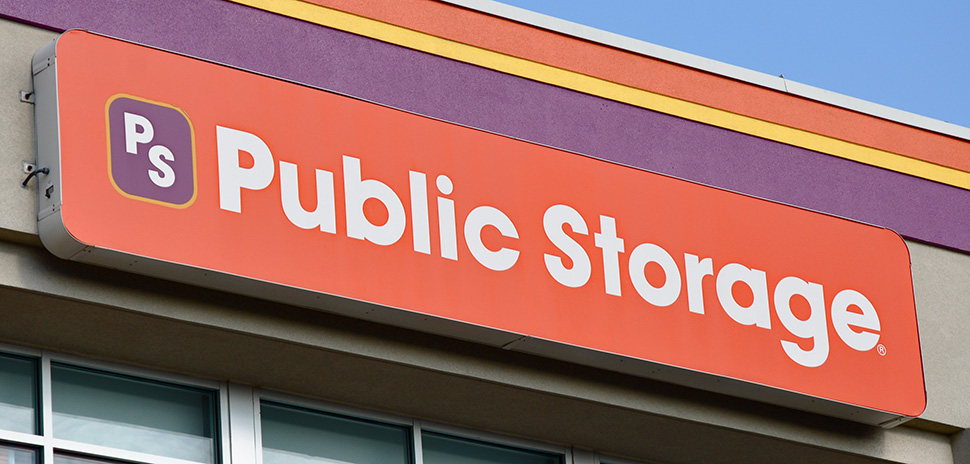Everyday performance is just as important for a company as achieving transformational change, FedEx executive Ken Spangler believes. AI is becoming an integral part of company infrastructure, he adds, and a people-first culture can help bolster an organization’s bottom line.
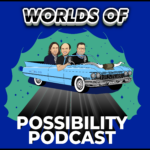 Those were some key takeaways from a first-ever podcast hosted by Dave Copps, CEO and co-founder of Worlds, a Dallas-based AI startup. Titled “Worlds of Possibility,” the new podcast is intended to feature conversations with leaders of the world’s most consequential companies, exploring what drives them to “push the boundaries of what’s possible,” Copps says.
Those were some key takeaways from a first-ever podcast hosted by Dave Copps, CEO and co-founder of Worlds, a Dallas-based AI startup. Titled “Worlds of Possibility,” the new podcast is intended to feature conversations with leaders of the world’s most consequential companies, exploring what drives them to “push the boundaries of what’s possible,” Copps says.
The podcast’s inaugural guest was Spangler, executive vice president of IT and CIO of Global Operations Technologies at FedEx, where he’s worked for 33 years. Spangler also serves as a member of Worlds’ 2023 Strategic Advisory Board alongside experts with diverse backgrounds in cybersecurity, supply chain, manufacturing, consumer goods, logistics, and government sectors.
If 33 years seems like an unusually long stint with a single company, Spangler himself agrees. “I’ve always been an entrepreneurial kind of person,” he told Copps. “The fact that I’ve been in a corporation, especially a large corporation, all those years, stuns me. But as a young technologist, I realized that solving really hard problems with great groups of people was what fueled me, gave me my energy.
“At FedEx we get to solve some incredible problems, and what we do matters around the world,” he said. “That captivated me. There’s a great saying in a John Lennon song, ‘Life is what happens to you while you’re making other plans.’ And I was that person.”
During his talk with Copps, Spangler touched on a variety of important topics, from digital transformation and the evolution of AI to change management and the culture at FedEx—the Tennessee-based package-delivery giant that recently celebrated its 50th anniversary.
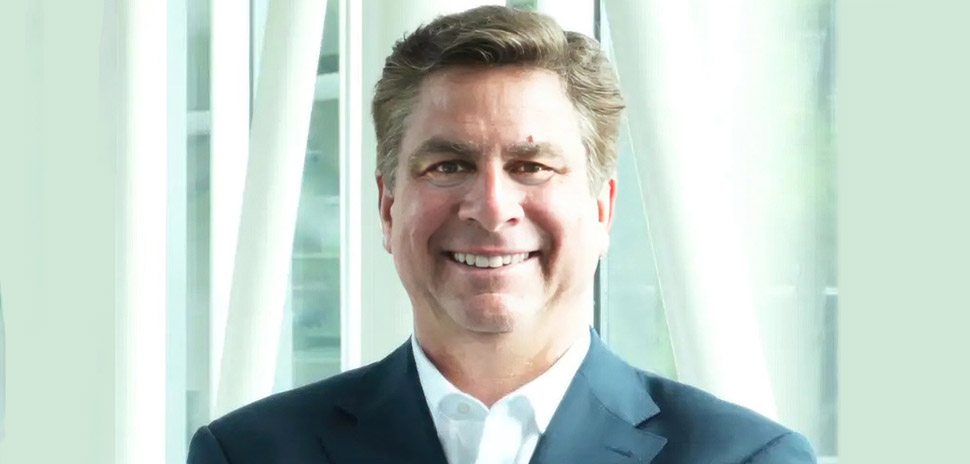
[Photo courtesy Ken Spangler, FedEx; Image DI Studio]
Here are a few of his most illuminating observations:
On digital transformation and operational excellence. In the past Spangler has said, “Before we can transform, we have to perform.” That means, he told Copps, that sometimes leaders become so focused on the intricacies of transformational change, they forget about trying to attain world-class operational excellence as well. “To transform, you must first perform,” Spangler said. “It’s just as simple as that. It’s a focus on the everyday. Everything about running technology is just as important as what you can do to transform. If you focus on both, you always win. If you focus on one or the other without balance, then you have issues.”
On AI as infrastructure. Spangler agreed with Copps that, at FedEx and at other companies today, AI is becoming less a “tool” aimed at specific outcomes than a core part of the infrastructure itself. As an example, he pointed to a FedEx subsidiary called DataWorks, which harnesses AI and automation to create “intelligent” supply chains. “At FedEx we’ve always been a big data company,” Spangler said. “But the … scale of AI on top of everything—not just static modeling, it’s in-motion, eventing, and the optimization of that—that’s really what’s transforming our industry and [has become so important] at FedEx.”
On change management in the AI era. While organizational change management, or OCM, has always been the “secret sauce” of a company’s success, Spangler said, the pace and impact of AI necessitate an even more significant focus on OCM today. “You have to major in it,” Spangler said. “It’s not something you say, after the fact, ‘I’m fixing it.’” The issue is also more complicated now because AI, unlike some other technologies, is requiring a certain level of trust, Copps suggested. “I think the philosophy there has be, ‘Trust, but verify,’” Spangler said. “AI is going to make suggestions and recommendations and optimizations, but I still believe the really important part is trust, but verify. … It’s learning. You’ve got to make sure the right fuel is there, and it will do the right thing.”
On AI governance and regulation. “We’re in the infancy. We’re only in the beginning of what’s possible,” Spangler said of AI. “I think if you look at the broader populations—not just technologists, or those who do this for a living—I think it’s equally exciting and opportunistic as it is fearful. And, like everything, less fear comes from more knowledge. So, I think educating, understanding, will lead the way to getting better answers. And that will lead to what level of oversight and—I almost hate to say it—regulation, will be needed, like everything. You have to govern how you do things. That’s going to be more so true because of the speed of change. But first we have to get the education understanding of what this really is, and what it really can do—which is really exciting and positive. It just can’t be misunderstood or unchecked.”
On the role of culture at FedEx. Spangler called Fred Smith, FedEx’s legendary founder and executive chairman, an American hero and an entrepreneurial hero who has “changed the world.” But he also pointed out that the company’s culture is called “People, Service, Profit.” As a result, “We’re a service company. It’s about the people,” Spangler said. “People, pride, and level of service. If we do the right thing for the people who serve us, it creates profit that continues to reinvest in the business. So, it’s a people-first culture. I absolutely believe that’s a key part of the success of the company.” Asked by Copps how culture can be maintained in a company with more than 560,000 employees, Spangler replied that, even with that many workers, “I think it’s making sure that people know what matters, that they understand what we stand for, and that everybody just lives it every day, so that it’s demonstrated rather than talked about. It’s just words, but if it’s lived, it becomes alive. At FedEx, the culture’s alive.”
Listen to the full podcast here.

From left: Worlds, helmed by co-founders CTO Ross Bates, CEO Dave Copps, and President Chris Rhodes, are driving vision and growth in real-world AI. The company’s technology “infrastructure” enables businesses to observe, analyze, and improve their operations.
Worlds announced a $21.2 million raise in 2023 to help build out the industrial metaverse companies—a “world” that includes IoT sensors, people, and processes all coming together inside a live digital twin. Companies can then reimagine their operations in ways that were previously impossible, co-founder and CEO Dave Copps says.
“We’re fortunate because what we built is the right thing to have at the right time,” Copps told us last year. “I think we’re really in the catbird seat right now.”
Quincy Preston contributed to this report.
![]()
Get on the list.
Dallas Innovates, every day.
Sign up to keep your eye on what’s new and next in Dallas-Fort Worth, every day.

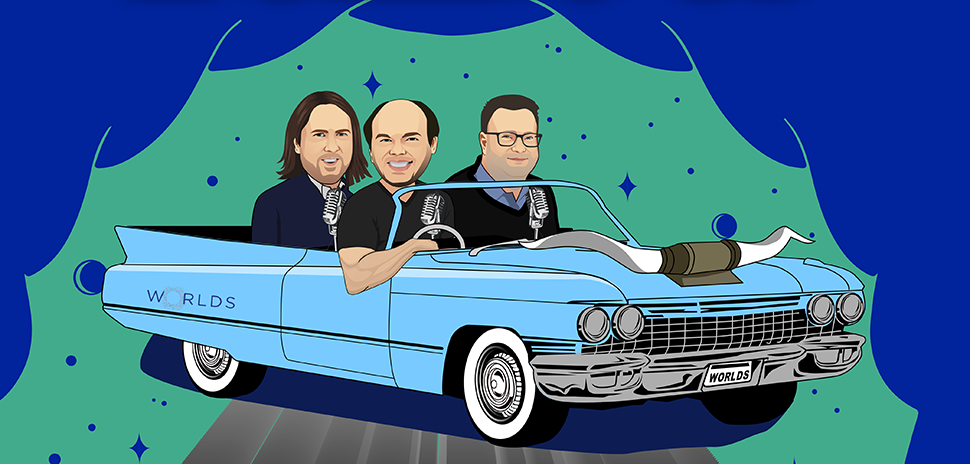


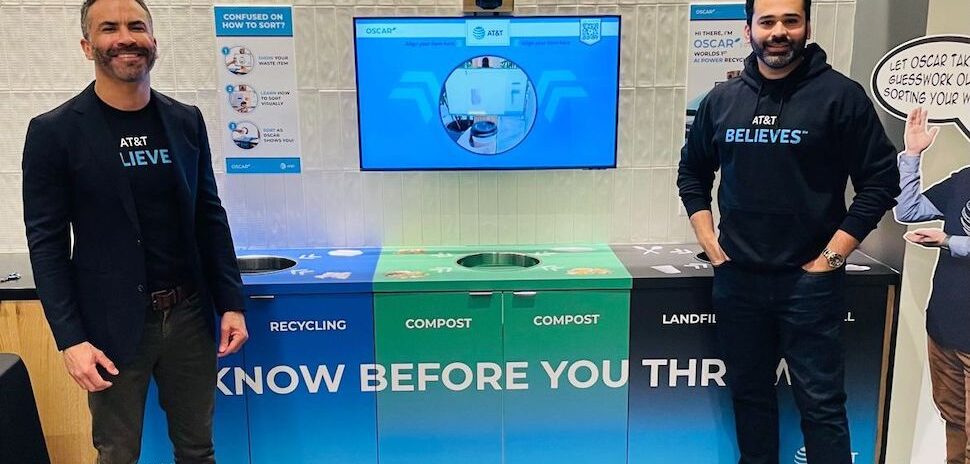

![[Image: Ryzhi/istockphoto]](https://s24806.pcdn.co/wp-content/uploads/2019/02/Ryzhi_big-data-and-artificial-intelligence-domination-concept-vector-id1060622908-970x464.jpg)






